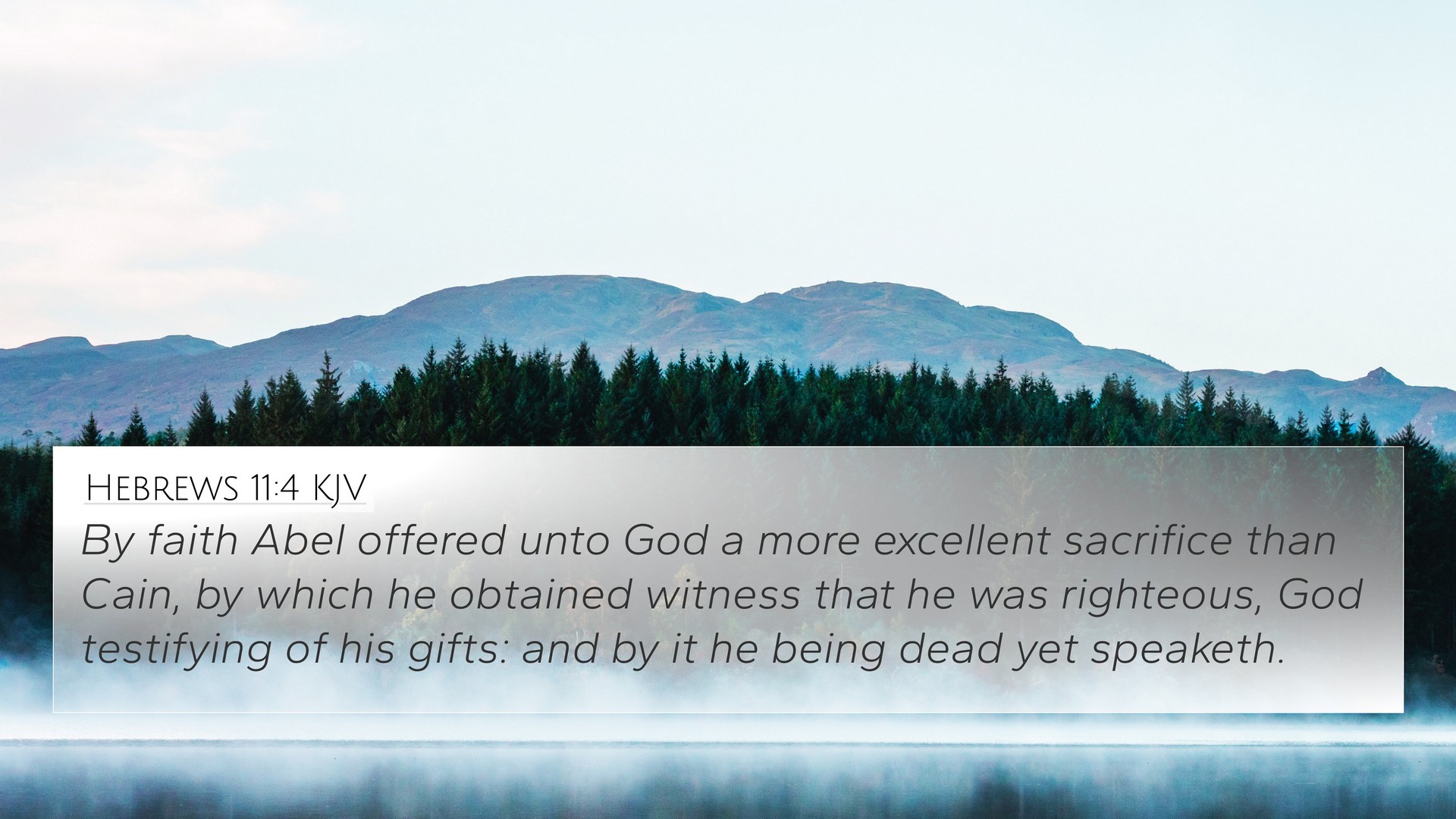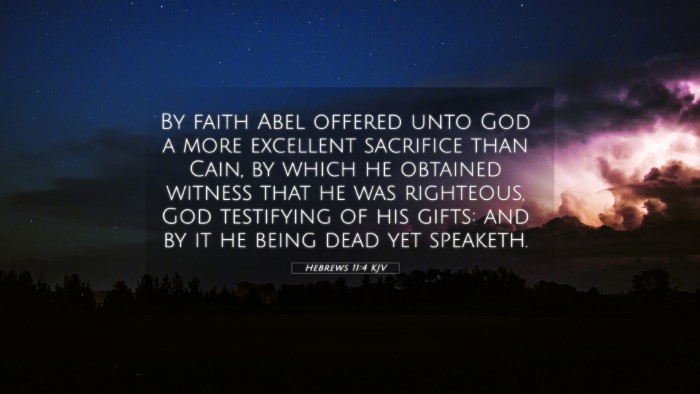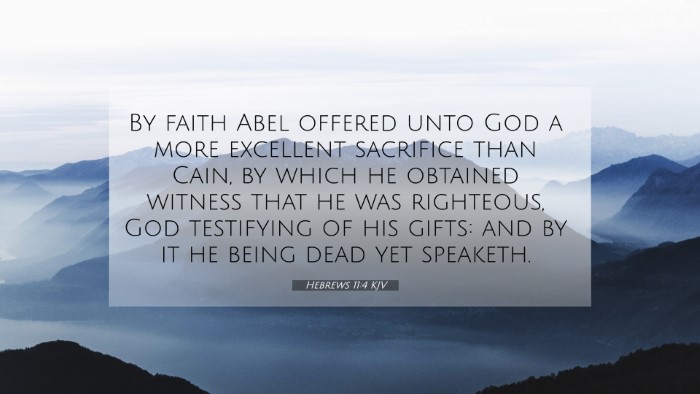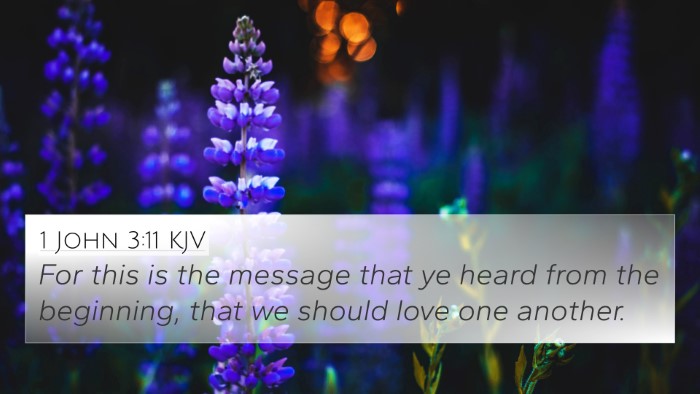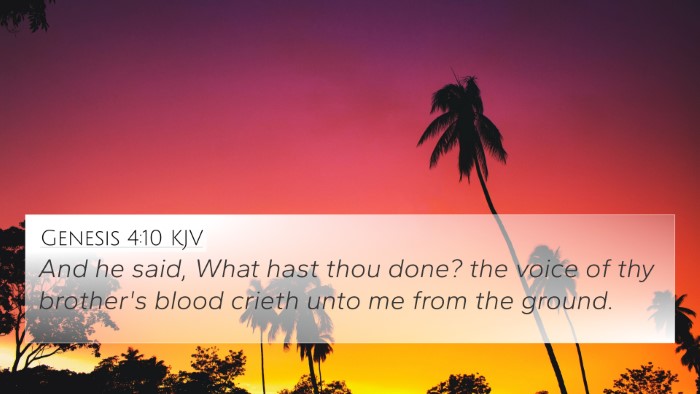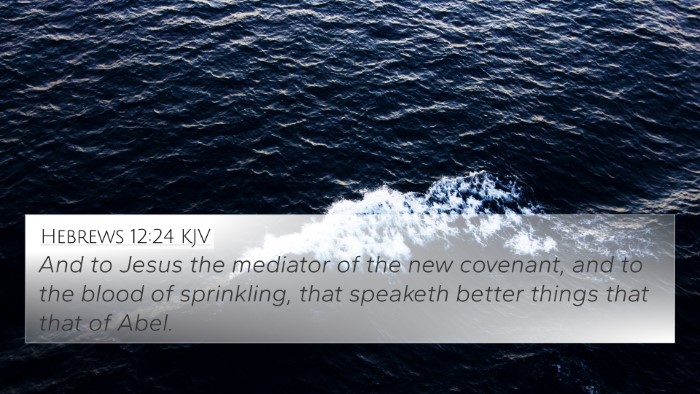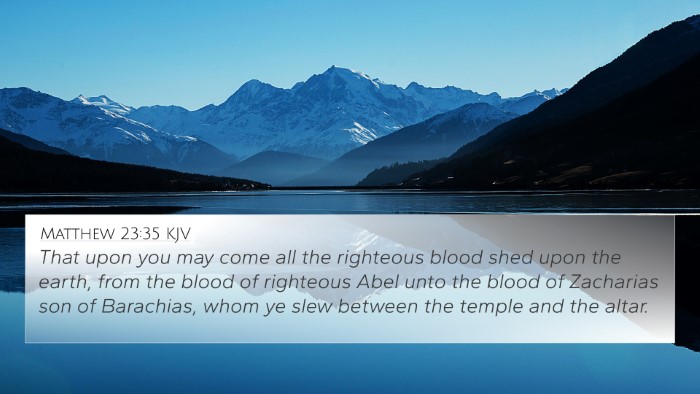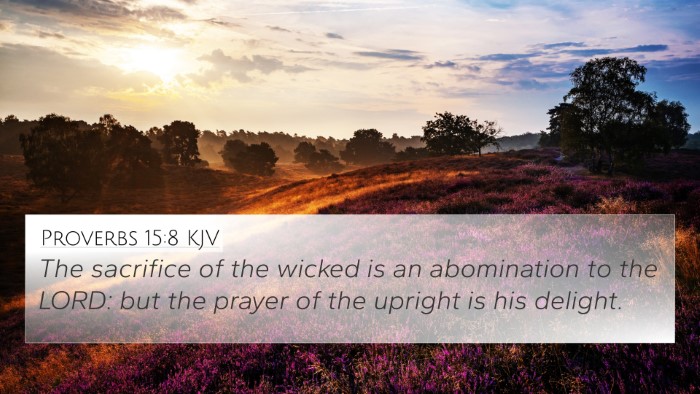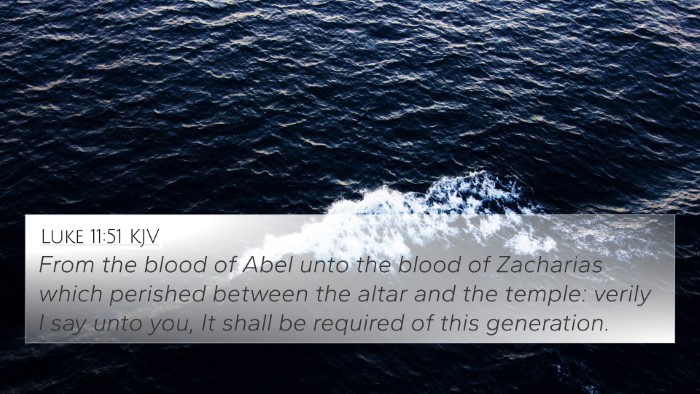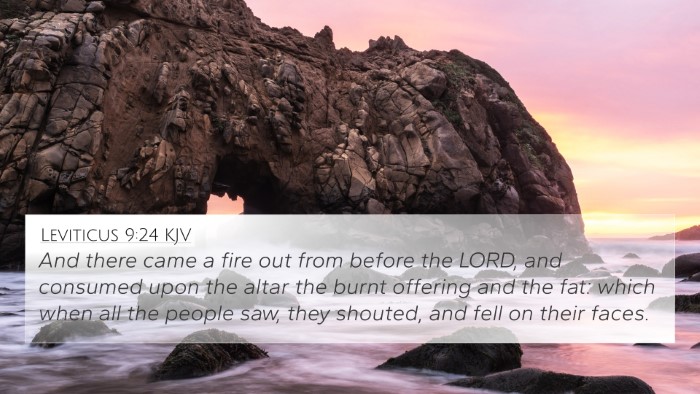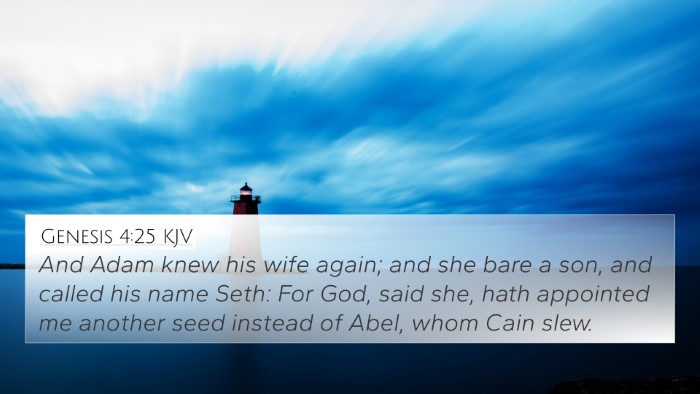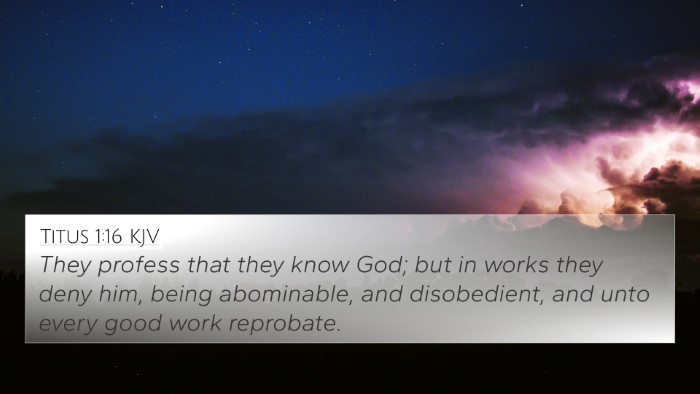Understanding Hebrews 11:4
Hebrews 11:4 states, "By faith Abel offered to God a more acceptable sacrifice than Cain, through which he was commended as righteous, God commending him by accepting his gifts. And through his faith, though he died, he still speaks." This verse highlights the significant themes of faith, sacrifice, and God's approval within the context of Abel and Cain's story.
Contextual Overview
The Book of Hebrews is a letter that emphasizes the superiority of Christ and the new covenant. Chapter 11, known as the "faith chapter," lists numerous examples of individuals who exemplified faith in God. Abel's story, found in Genesis 4, is one such example that illustrates the nature of acceptable worship.
Key Themes and Insights
- Faith as the Foundation: The verse emphasizes that Abel's offering was made by faith. This demonstrates that true worship arises from a heart of faith, rather than mere ritualistic observance.
- Acceptable Sacrifice: The verse explains that Abel's sacrifice was "more acceptable" than Cain's. Commentaries indicate that this acceptance was due to Abel's faith-filled heart behind the offering.
- Righteousness through Faith: Abel is commended as righteous. This highlights the New Testament theme that righteousness comes by faith, a foundational belief that is echoed throughout Scripture.
- Legacy of Faith: Even after his death, Abel’s faith "still speaks." This suggests that the impact of an individual's faith can transcend their earthly life and inspire others.
Bible Verse Cross-References
Several scripture passages resonate with the themes found in Hebrews 11:4:
- Genesis 4:3-5: The account of Cain and Abel's offerings.
- Romans 10:17: "So faith comes from hearing, and hearing through the word of Christ."
- Matthew 23:35: References the righteousness of Abel.
- 1 John 3:12: Discusses Cain’s actions in contrast to Abel.
- Hebrews 12:24: "And to Jesus, the mediator of a new covenant, and to the sprinkled blood that speaks a better word than the blood of Abel."
- James 2:26: "For as the body apart from the spirit is dead, so also faith apart from works is dead."
- Philippians 3:9: "And be found in him, not having a righteousness of my own that comes from the law, but that which comes through faith in Christ."
Theological Significance
Abel's faith is not just a statement of personal spirituality, but a profound declaration about the nature of God and His expectations for worship. As pointed out in commentaries:
- Matthew Henry: He notes that Abel's faith led to an offering that was a reflection of his relationship with God, contrasting Cain’s attitude in giving.
- Albert Barnes: Emphasizes that Abel's righteousness was acknowledged by God because of the sincerity and faith behind his act of worship.
- Adam Clarke: He elaborates on the symbolism of Abel's blood and how it prefigures the sacrifice of Christ.
Connecting Themes and Analysis
When conducting a comparative Bible verse analysis, Hebrews 11:4 serves to connect the narrative of faith threaded throughout Scripture:
- Old Testament Foundations: The story of Cain and Abel forms a foundational narrative that illustrates the heart of true worship and God's desire for faithful offerings.
- New Testament Reflections: The mention of Abel in the New Testament links back to the overall theme of righteousness by faith, as later expounded in teachings of Paul and the writers of the epistles.
- Inter-Biblical Dialogue: Abel’s faith parallels themes found in Abraham's covenant faith and the faith exhibited by the heroes listed throughout Hebrews 11.
Application for Today
This verse serves as a reminder for believers to assess the motives behind their worship and offerings to God. It prompts one to ask, "Are we bringing our best before God with a faithful heart?" It encourages reflection on:
- Personal faith practices and their genuineness
- Understanding the significance of sacrifice in worship
- The eternal impact of righteous living and faithfulness
Conclusion
In summary, Hebrews 11:4 encapsulates the essence of faith, acceptance, and the lasting legacy of one's beliefs. The connection between this passage and other biblical texts underscores a thematic exploration of faith across the Scriptures. For those engaging in Bible cross-reference studies, this verse serves as a crucial point linking the narratives of worship and righteousness that span both the Old and New Testaments.
